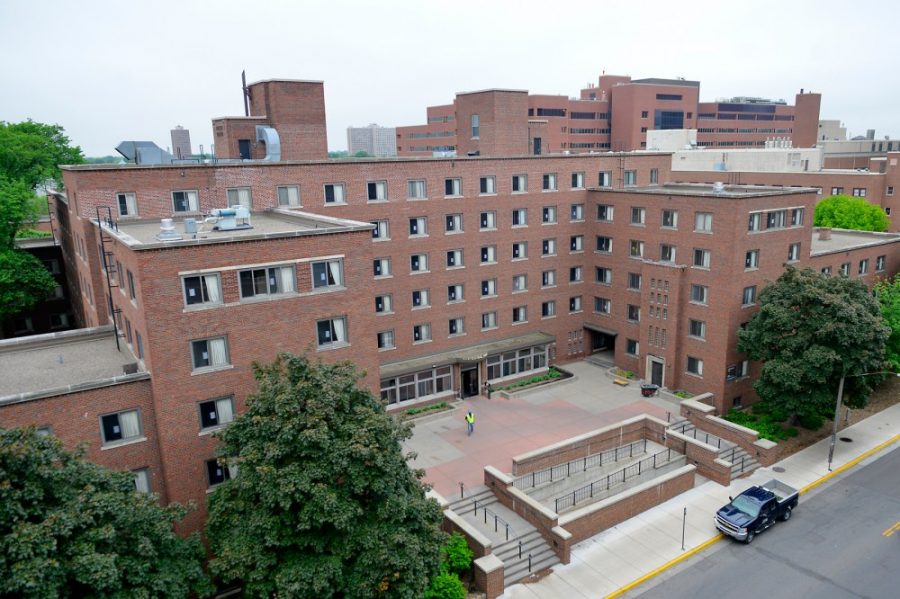Housing and Residential Life announced on Oct. 7 that community advisors will receive additional compensation for the year’s employment period in acknowledgement of their efforts and the impacts of COVID-19 on their work.
CAs will receive a payment of $20.50 per duty shift, regardless of how long their shift lasts. CAs typically work one duty shift per week, which typically last from 4:30 p.m. until 8 a.m. the next day, and weekend shifts typically last 24 hours.
The payment comes as an addition to the rest of the CA compensation package, which includes full board, a 14-meal per week meal plan and the choice of one additional form of compensation per semester valued at $250, such as tuition credit, FlexDine or Gopher Gold.
CAs will be compensated for their last two months of work, and the contract period will last until May 2021.
As a previous CA, president of the Minnesota Student Association Amy Ma said she thinks this is an important first step of acknowledging the work of CAs during the COVID-19 pandemic. In the beginning of the year, Ma and former MSA Vice President Becca Cowin announced their advocacy for additional compensation for housing workers on Instagram. MSA also addressed their advocacy for CA compensation in a letter addressing their concerns on the University’s Maroon and Gold Sunrise Plan.
“We were clear in talking to the administration that if CAs are being expected to have responsibilities way beyond what they typically would be, they should also be compensated for that work,” Ma said. “In my view, CAs should have been paid even before taking on this extra responsibility.”
Ma said, based on what she has heard from CAs, additional testing is still needed. MSA will continue to advocate for increased testing, she said.
Jess*, a CA on campus who wished to remain anonymous due to her ongoing employment status, said she was not expecting the decision. CAs received temporary hazard pay during the spring and summer months, but they were not expected to be paid during the fall.
“I would say the first couple weeks being out in the hallways, it was a little rough enforcing the COVID-19 guidelines because we’re supposed to approach students if they’re not wearing masks or if too many people are in a certain room and things like that,” Jess said. “It has been an additional stressor.”
James*, another CA who wished to be anonymous because of his ongoing employment status, said he hopes the University takes additional measures to ensure the safety of CAs.
“I wish that, especially since we’re in such a high risk environment, that we’d be given testing, or perhaps like mandatory testing procedures, because if we get [COVID-19], we’re probably going to spread it to other people, and that’s just not a good idea,” James said.
In an email statement regarding the decision to additionally compensate CAs, Housing and Residential Life interim director Susan Stubblefield said she remains committed to supporting CAs through the varied tasks of their position.
“As always, our department aims to foster a mindset of continuous improvement, which is why maintaining open lines of communication with our building teams is vital to our operation. This has been especially important during the COVID-19 pandemic as many circumstances have required changes to our approach,” Stubblefield said in the email.


















